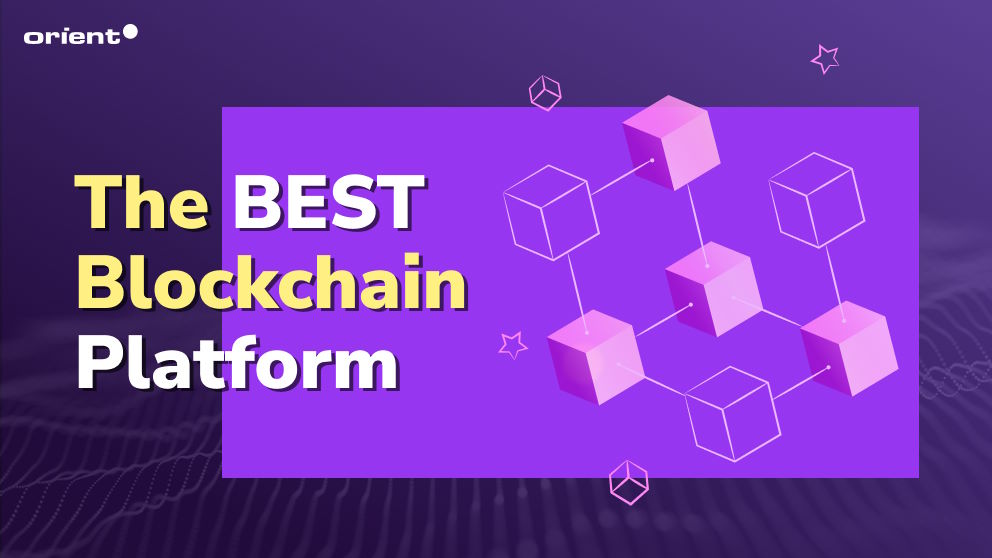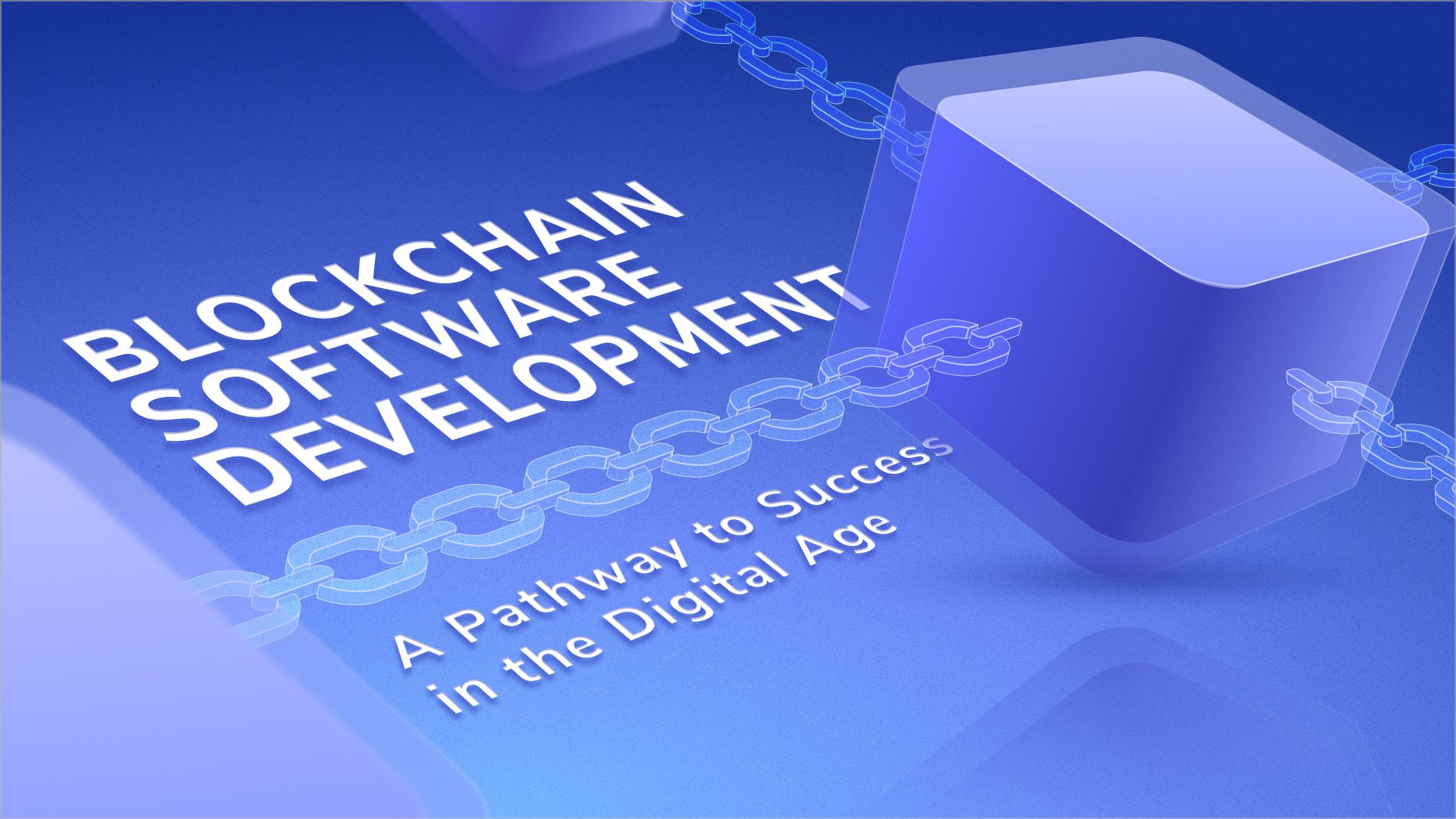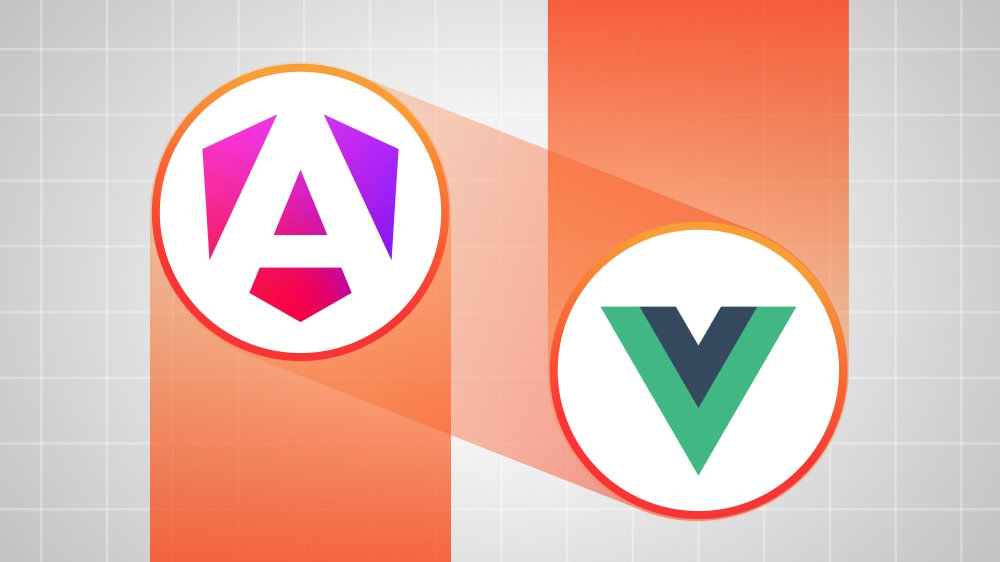Uncovering the Best Blockchain Platform for Businesses

Content Map
More chaptersBlockchain has been a buzzword for the longest time. But how well do you know blockchain? Are you someone who wants to enter the world of blockchain? Are you a professional who is always open to updating blockchain-related knowledge?
If so, this article is made for you. Newbie or expert, as long as you are a blockchain enthusiast, take note of the best blockchain platforms to up your game in this ever-evolving industry!
What Is a Blockchain Platform?
Blockchain technology is young compared to its preexisting partners. It is constantly growing and evolving. You can often find new features and capabilities introduced.
Blockchain has proven to cause disruption to traditional sectors, including banking, finance, healthcare, supply chain management, and real estate. In 2020, it was deemed the third most disruptive technology, behind only artificial intelligence and machine learning. Experts are looking to experiment and expand its application to develop new and innovative technology. This is why the demand for blockchain platforms has surged in recent years - it is a place full of potential to test technology capabilities, especially decentralized apps (dApp).
What is a blockchain platform? Blockchain platforms are digital infrastructure that facilitates the development, deployment, and administration of blockchain applications using blockchain technology. These platforms provide users, typically programmers, with the necessary resources, such as scripting languages that are sufficiently complex and robust to enable the development and administration of Web3 functions.
Blockchain platform functions include (but are not limited to) making and receiving transactions, engaging with smart contracts, and Non-Fungible Tokens (NFTs for short).
There are different types of blockchain platforms that address different business demands. Some types of these demands are covered later in the article.
The Best Blockchain Platforms You Need to Know About
According to projections, the market for blockchain technologies is likely to develop significantly in the next years, soon reaching a value of over 39 billion dollars by 2025.
The increasing investment in blockchain technology is attributed to a number of factors:
- By providing building blocks, blockchain platforms have made it easy for developers to build blockchain platforms through smart contracts.
- Blockchain technology has evolved into a mainstream technology with diverse applications, especially in the field of decentralized apps.
- Blockchain is a distributed ledger technology that is transparent, sufficient, immutable, and secure. Thanks to the tamper-evident nature of the tech - you don’t necessarily need to trust your partner to initiate a transaction. This is why a decentralized blockchain network is sometimes described as a “trustless” network.
Whether your business is looking to build your own blockchain platform from the ground up or join existing ones, all those benefits are readily available for your company. However, if you choose existing blockchain platforms, you can also enjoy other unique advantages.
- Lower Costs: With existing platforms, you only need to pay a certain fee to use them. If you choose to build one on your own, you need to pay for the team that works on developing the platform as well as any incurred costs along the way.
- Faster Blockchain Technology Implementation: Closely related to the previously mentioned benefit, using existing platforms allows you to quickly deploy the technology in the business, skipping the lengthy testing and adapting phase.
- Ready Community Support: There is always community support available for your chosen platform should you need any help.
- Regularly Updated New Features: Building a platform from scratch also means that you have to deal with maintenance, bugs, and new feature updates. If you choose one that is already available on the market, all those problems are handled for you.
In order to fully enjoy every advantage, you need to first know what options are available. Below is a list of the top blockchain platforms for you to choose from.
Ethereum

Ethereum is one of the oldest and most established platforms, as it was first introduced in 2013. It is a blockchain-based, decentralized, international software platform that can be comparable to the Bitcoin blockchain network. What makes Ethereum most well-known is its cryptocurrency called Ether.
Smart contracts, a program that runs on a blockchain when certain conditions are met, are the basis of Ethereum. Businesses often utilize the many benefits of a smart contract in blockchain software development.
This blockchain platform is the foundation for building decentralized applications, digital assets, and organizations. It makes use of virtual machine tech (the Ethereum Virtual Machine) to enable the use of smart contracts and customized business logic.
The platform is migrating from a proof of work (PoW) consensus mechanism to a proof of stake (PoS) to save money and energy and enhance stability.
Despite Ethereum being a truly decentralized network and popular among developers, there are still weaknesses. The platform doesn’t have strong security measures, lengthy processing times, and high transaction prices.
IBM Blockchain

The IBM Blockchain Platform provides a business-ready solution for the entire development, governance, and operation lifecycle of a multisectoral blockchain network.
This platform has enjoyed great success with business clients compared to other decentralized networks, especially among those who are not willing to take risks. One reason behind this is its ability to integrate business cloud with legacy systems seamlessly.
Through collaboration at every stage of the development lifecycle, IBM Blockchain accelerates the development and deployment of global blockchain networks that are “built for business” with the scalability and robustness to support even the most challenging applications and regulated industries.
Hyperledger Fabric
If you are looking to build apps or solutions and wish to divide a large project into smaller parts, Hyperledger Fabric is a great choice. Endorsed by the Linux Foundation, it was built from scratch with a distributed ledger in mind. The platform supports smart contracts, which in turn support numerous data models.
Hyperledger works well in closed blockchain developments since it improves security and speed. It does so by allowing the creation of a network of networks. It isolates operations in channels and facilitates the exchange of private data in private data collections. Businesses use these networks to execute private transactions - not everything is going to be open and permissionless.
It offers a broad selection of modular and adaptable designs that are suitable for a variety of industrial applications. Its vast ecosystem of parts can be incorporated into a modular architecture.
Corda
Corda has introduced itself as “both a blockchain and not a blockchain.” As you probably have guessed, there is debate about whether it is truly a blockchain platform or just another distributed ledger.
Despite its use of peer-to-peer distributed ledger technology, Corda does not consolidate multiple transactions into a single block. Instead, it processes all exchanges in a real-time manner. The platform does not use a cryptocurrency or a built-in token.
The Corda platform is designed for licensed financial institutions. While Corda lacks the architectural choices that make traditional blockchains ill-suited for many financial use cases, it is still heavily inspired by blockchain systems. The platform supports smart contracts. To ensure that financial agreements on Corda are legally binding and enforceable and give users a clear path to take in the event of ambiguities, the smart contract links business logic and business data to related legal texts. The cost of transactions and record-keeping have significantly decreased because of the streamlining of all business processes.
The distinction between Corda and other permissioned blockchains is that it allows the co-existence and collaboration of multiple parties in the same network architecture.
EOSIO
EOSIO blockchain platform is another platform worth mentioning in the blockchain industry. It is an open-source blockchain platform that was first released in 2018. EOSIO is designed for decentralized applications and smart contract development. EOSIO uses a high-level consensus mechanism based on Proof-of-Stake (PoS), which proponents claim is more efficient than older mechanisms such as Ethereum. The platform also supports a governance feature that allows users to vote on platform changes.
EOSIO has identified its platform as the “best open-source open source platform” for businesses and programmers utilizing blockchain technology. EOSIO claims to be “fast, flexible, scalable, highly configurable and provides developers with a wide range of tools and resources.” Programmers and company owners may design, launch, and use high-performing blockchain apps with the aid of the free, open-source blockchain software protocol EOSIO.
Tezos
Dating back to 2014, Tezos is one of the oldest blockchain platforms. It is considered to be one of the best blockchain platforms thanks to its cutting-edge technology. Tezos serves as a decentralized platform for smart contracts and offers a distinctive “Proof-of-Stake” consensus procedure. It emphasizes formal methods to boost safety and offers the option to vote on changes to its own consensus algorithm and other factors.
Tezos provides decentralized applications, smart contracts, and unique financial instruments such as Non-Fungible Tokens (NFTs), which can be likened to a modern-day version of trading cards connected to digital assets. NFTs can be seen as a modern version of trading cards that connect with digital assets. The platform is capable of adapting to new applications due to its support for a protocol that is dynamically upgradable and modular software clients.
Stellar

Brought into the blockchain market to serve various decentralized finance (or DeFi) applications, Stellar fosters domestic and international transfers of digital currency to fiat money. With full control over the network, developers are enabled to create scalable, affordable, and versatile banking solutions. The platform has numerous features to block dubious participants during a financial transaction. Not only is Stellar more secure, but it also facilitates faster transactions with the use of the Stellar Consensus Protocol. Stellar has the ability to confirm a transaction in only 3 to 5 seconds and process up to 1000 transactions at the same time.
How to Choose a Suitable Blockchain Platform
With the knowledge of the best platforms available on the market in hand, the next thing you need to know is how to choose a suitable platform for your business. There are a few factors you should pay more attention to:
- Scalability: The platform should be able to handle a large number of transactions at a time and grow along your business.
- Functionality: Make sure to have a clear idea of the necessary functions you are searching for in a platform. The underlying technology might be similar, but the features each platform offers often differ.
- Community: Does the network have a large community and users? If yes, it is more likely to get updated and patched once problems occur, and you also receive greater support should you have questions.
- Security: The chosen platform should have strong security features to secure your data from external threats. Be on the lookout for features like encryption and safe authentication.
- Cost: Examine the costs that come along with your chosen platform, like development, maintenance, and transaction fees.
- Level of Privacy: There are two types of blockchain networks: private and public. Check out this article to learn more about the differences between public and private blockchain and see which one is the best for your business.
Make sure you stay informed on the newest trends and advancements in the blockchain business since it is one that is constantly developing and full of possibilities. If you are intrigued and want to embark on your blockchain journey, why not start hopping on a consultation session with the Orient Software Team? Orient has a team of experts with extended blockchain expertise. We offer blockchain solutions using some of the best platforms in the market, including Ethereum, Corda, Stellar, and Hyperledger.







